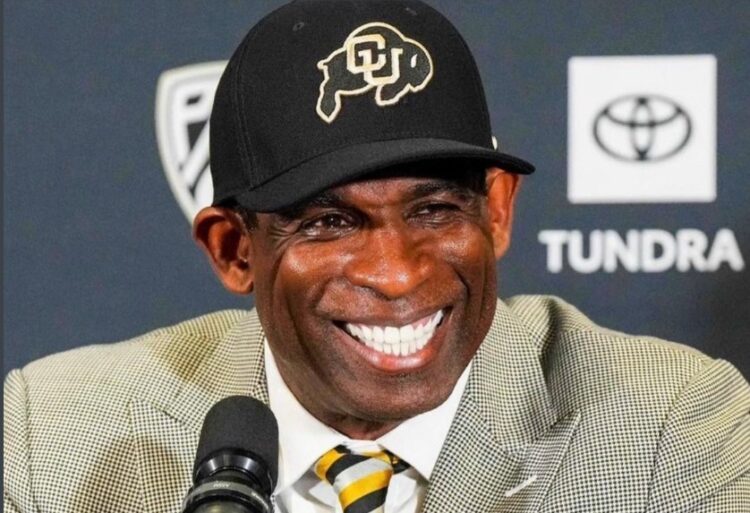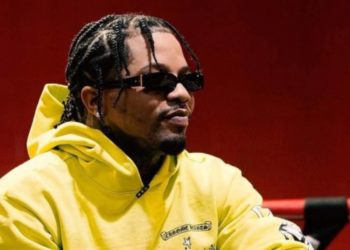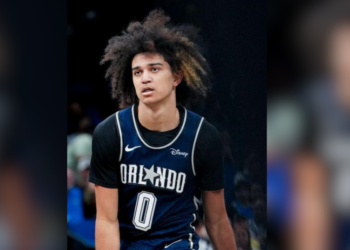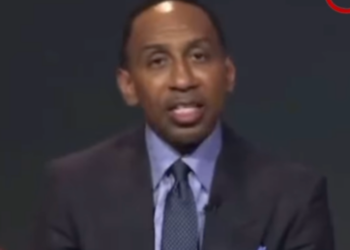Deion Sanders officially became the University of Colorado Boulder’s head coach after the Board of Regents approved his five-year, $29.5 million contract, making him the university’s 28th full-time head coach, BuffZone reported.
Sanders will receive $5.5 million in base and supplemental salary during his first year and a $200,000 annual raise. He should have $6.3 million once the five-year contract ends, making him the university’s highest-paid coach.
The voting results for Sanders’ contract were 8-1, with board member Jack Kroll being the only dissenting vote. Kroll explained to Colorado Public Radio News that his disapproval of Sanders’ contract had nothing to do with Sanders personally.
“While I commend the choice of our third Black head coach in a row and fourth overall, the system still thrives on the back of unpaid labor, and I believe it’s only a matter of time before athletes gain recognition as employees, which will further challenge the sustainability of the financial model,” Kroll said.
Early December, it was announced that the University of Colorado Boulder hired Sanders as their head coach after he led his former team, Jackson State University (JSU), to win its second straight SWAC title. Sanders completed his first national signing day on Wednesday by obtaining 24 new recruits.
The former JSU head coach caught a lot of heat for his decision to leave an HBCU and go to a predominantly white institution (PWI). In a video posted by Reach The People Media, Sanders is seen confirming the news to his team and explaining that his decision still allows him to make a change.
“It has been four or more African-American head coaches at the next level that has been terminated,” Sanders said. “I haven’t heard not one other than a candidate like myself to replace them. So, to me, that’s a problem that many don’t think about, but that’s the problem. If someone don’t step up and step out and hold it down for us, there’s a problem.”
He continued, “Many of the detractors…I guess they don’t understand college football consists of 70% African Americans, I don’t care where you at; it just happens to be more at an HBCU. But it’s not like I’m not going to speak into the lives of young African-American men and women alike because my challenge is still to provoke change no matter where I am.”















